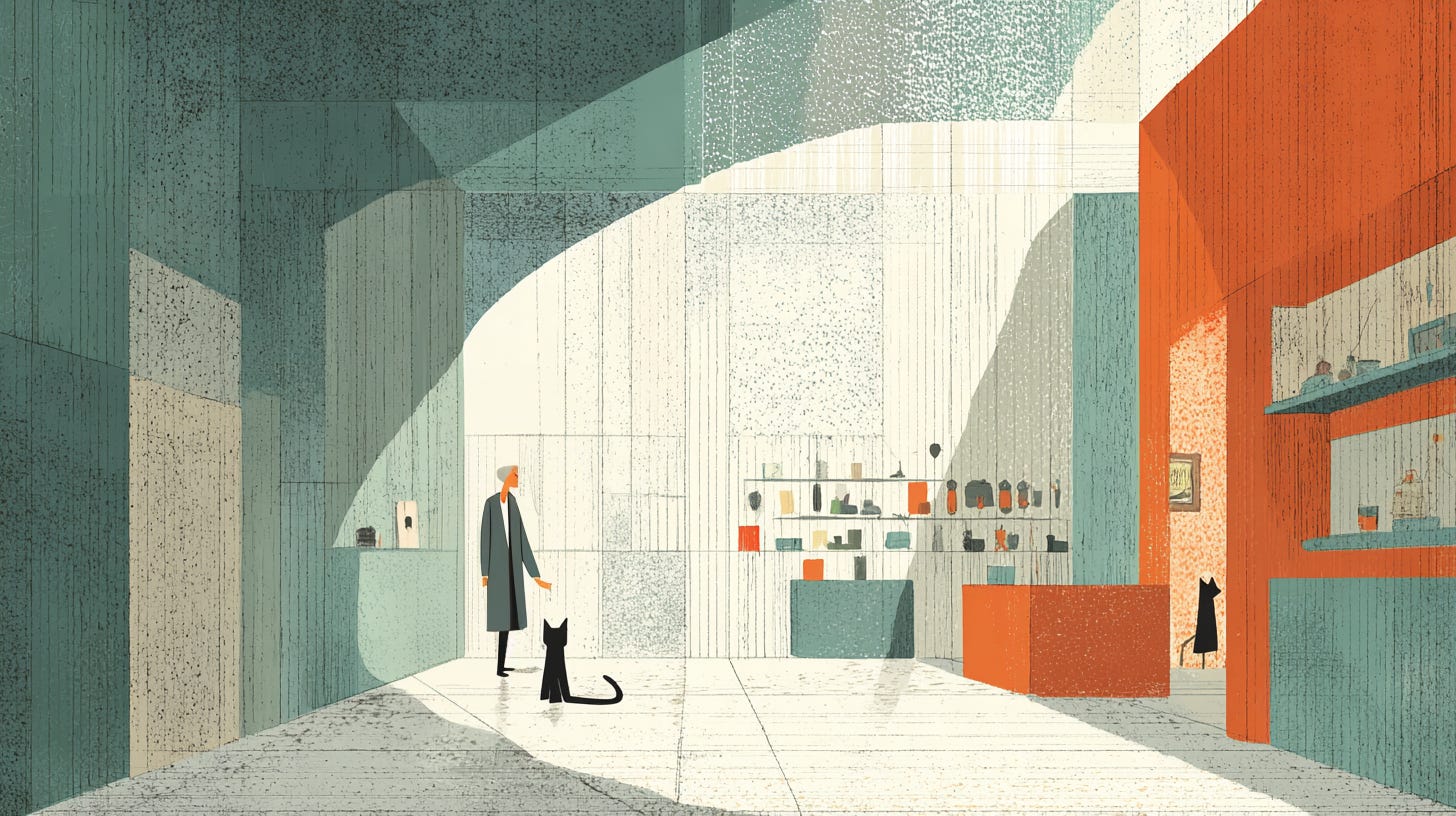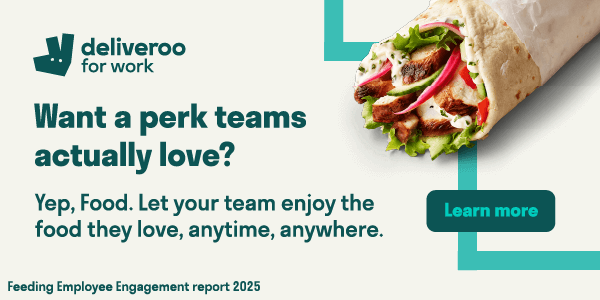The decline of the office reduces brand impact
ALSO: workplace loneliness / undervalued workers are ready to quit
Last week I did a deep dive on the new research from Leesman about creating offices that make work better. There was one detail that I wanted to return to - the office as the showroom for our organisation.
Our offices aren’t just places for us to do work - they’re also a place to show the best side of our brand to potential customers.
But we’ve stopped using our offices for hosting customers since the Pandemic. It’s the invisible decline in influence that no one is talking about.
This week I attended the presentation of Leesman‘s latest research about office space. Hidden in the details was the stat about using the office as a showroom.
When we’re asked how important the office is for ‘hosting visitors, clients or customers’ pre-Pandemic the score was 31%. Today the number has dropped to 20%. A huge, huge drop that we’re not seeing in the other uses of the office.
We’re getting fewer face-to-face interaction with customers and collaborators in our offices.
At the event Kyle de Bruin said this was likely a reflection that our customers aren’t travelling into town as much themselves, so more meetings are becoming virtual.
This to me is a much bigger issue than trying to get employees to increase an extra day in the office. With customers, in-person meetings build relationships and trust, not to mention securing their full attention.
If we believe that a sales proposal delivered remotely has anywhere near as much attention as a pitch done on Teams we’re kidding ourselves.
I chatted to someone in sales recently and asked how his team had increased the theatre for remote selling (more video? shorter meetings?), he told me they’d not changed a thing since before the Pandemic.
When I posted the data on LinkedIn Isabelle Dauchez, who describes herself a ‘workplace whisperer’, described how a recent brief for a law firm was ‘to be famous for their client experience’, and ‘become the IP employer of choice’. I’m sure that these two things are related, when we get the chance to show our offices off they are a statement of who we are. She says:
‘The result on the ‘public’ side of the office was a very flexible and adjustable environment that could be transformed for all sorts of events: conferences, cinema nights, family days, parties, wine tasting…but also smaller gatherings organised last minute.’
’They have used their office throughout the years as a showcase for their identity, hospitality, care and attention to detail. They are now famous for it.’‘Theirs is a great way to create genuine social connections with people they would otherwise only have a working relationship with. In today’s sometimes brutal world of work it makes a huge difference.’
I’d love to hear other people’s perspectives on how they’ve tried to keep using their office space to project what their organisation represented to the world.
Thanks to Deliveroo for Work for sponsoring this week’s Make Work Better
We need to tackle workplace loneliness
This week’s first podcast is a conversation with Simon Gilbody, a researcher from the University of York who specialises in understanding loneliness. We discuss the impact of loneliness in the workplace and how we might seek to solve it.
On the website there are lots of links to articles about workplace loneliness - and why it’s getting worse.
Listen: website / Apple / Spotify
In the comments on LinkedIn Di Gates mentioned how she runs sessions that teach the neuroscience of connection. She elaborated to me that this means teaching leaders how to ‘embed human connection into the daily employee experience’ reminding them of what interactions we value with each other. Superficially we might wince from teaching basics like this but it’s pretty clear that a lot of the basics are AWOL at the moment. Interesting what organisations do to reconnect their teams.
Are you self-employed? Take part in the Leapers research about the experience of working alone. They’ve promised to share the results with me when they’re published
The podcast above was about loneliness, this week a group called the Economics of Mutuality Alliance Partners published a fantastic piece of research about loneliness
despite what we might presume young people are significantly lonelier than old people
14% of people say they have nowhere to go when they feel lonely
people who don’t belong to any groups are 1.6x more likely to report being lonely
Dissatisfaction with income doubles the likelihood of loneliness (let this guy be your focus group for this point)
54% of undervalued employees say they want to leave their jobs in 2026 (and almost half of all UK employees feel undervalued right now)
‘My manager asked me to take minutes’. Funny TikTok from the frontline of navigating work
‘Culture builders - you are the future!’ My talk to the Business Culture Awards event is now live online. I keep the camera man busy running around like a tit. Check out the Business Culture Awards - a fabulous organisation that celebrates great companies. (As ever this presentation was to a brief, happy to devise something for your own culture brief)
A second podcast to call out today, this one a promoted episode with Deliveroo for Work. I’m talking to Spencer Walker, global director of Deliveroo for Work.
The podcast has returned several times to the idea of food as a cultural trigger, something that catalyses connection and allows cohesion. We explore that idea further this week with Spencer, who runs Deliveroo For Work the workplace service provided by the delivery firm.
You can also checkout The Deliveroo Feeding Employee Engagement Report.





